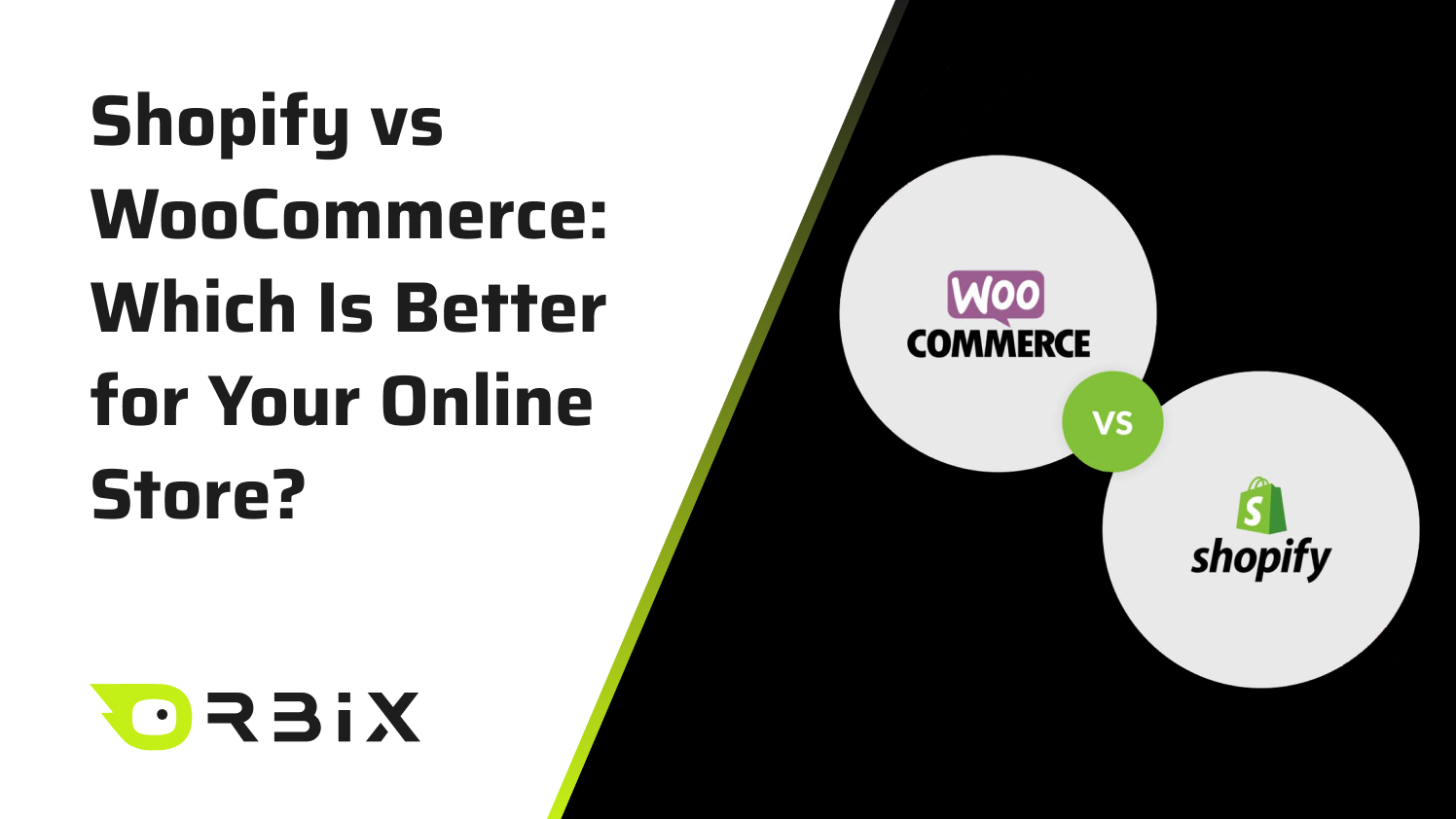168/170, Avenue 01, Old York Drive Rich Mirpur DOHS, Bangladesh
Follow Us
Follow us on Social Network

When it comes to setting up an online store, Shopify and WooCommerce are two of the most popular eCommerce platforms on the market. Each has its strengths and is better suited for different business needs. In this comparison, we’ll break down the key features of both platforms, helping you decide which is the best fit for your online store.
Shopify is a fully hosted platform, meaning everything is taken care of for you. From hosting to security and software updates, Shopify handles it all. This makes it an ideal option for beginners with little to no technical expertise. With its user-friendly interface and simple store setup process, you can launch your store quickly without having to worry about backend complexities.
WooCommerce is a WordPress plugin, which means you’ll first need to set up a WordPress website before installing and configuring the WooCommerce plugin. While WooCommerce is still relatively easy to use for those familiar with WordPress, it does require more technical know-how. You’ll also need to manage hosting, security, and software updates yourself.
Winner: Shopify (for beginners)
If you’re new to eCommerce or don’t have technical knowledge, Shopify is the better choice for getting up and running quickly.
While Shopify offers a range of themes and apps, the platform is more restricted in terms of customization. Most changes to the design or functionality require using themes or apps from the Shopify ecosystem, which can incur additional costs. Customization beyond these limitations requires knowledge of Shopify’s Liquid code, and even then, some restrictions remain.
WooCommerce shines in terms of flexibility. As an open-source platform, it allows complete customization. You can modify the code, integrate any third-party plugins, and choose from an endless array of themes. WooCommerce gives developers full control over their site’s functionality, making it the ideal choice for businesses that need bespoke features or advanced integrations.
Winner: WooCommerce (for developers or businesses needing flexibility)
If you’re a developer or need extensive customization, WooCommerce provides the flexibility you need to tailor the platform to your exact requirements.
Shopify operates on a subscription model, with plans starting at $39/month. In addition to the base fee, you’ll incur costs for paid apps, add-ons, and potentially transaction fees (unless you use Shopify Payments). These costs can add up quickly, especially if you require several apps to extend functionality.
WooCommerce is a free plugin, but there are costs associated with running your store. You’ll need to pay for hosting, domain registration, and possibly premium plugins or themes. While the platform itself is free, the ongoing expenses depend on the hosting and features you require.
Winner: WooCommerce (more cost control, especially for small budgets)
For businesses with tight budgets or those who already have a WordPress site, WooCommerce can provide more control over costs.
Shopify has a built-in payment gateway called Shopify Payments. While this is convenient, Shopify charges extra transaction fees if you choose to use third-party payment gateways. These fees can add up, especially if your store processes a high volume of transactions.
WooCommerce doesn’t charge any platform fees and supports all major payment gateways, including PayPal, Stripe, and others. You can choose your preferred payment processor without worrying about additional fees from the platform itself.
Winner: WooCommerce (more freedom and fewer restrictions)
WooCommerce offers more freedom with payment gateways and doesn’t charge extra fees, which is a major advantage for businesses that need flexibility.
Shopify scales effortlessly with its built-in hosting infrastructure and enterprise-level plans like Shopify Plus. It offers hassle-free growth as your business expands, with automatic updates, increased server capacity, and dedicated support.
WooCommerce can also scale, but it requires you to manage your own hosting and site performance. As your business grows, you’ll need to invest in more powerful hosting solutions and potentially hire a technical team to ensure your website can handle increased traffic and orders.
Winner: Shopify (if you want hassle-free scaling)
Shopify’s all-in-one solution makes it a more attractive option for businesses that want to scale without worrying about technical management.
So, which platform should you choose for your online store? It all depends on your business needs and expertise.
Ultimately, both platforms have their advantages, but understanding your specific needs will help you make the best decision for your online store. Whether you’re looking for a streamlined, hands-off solution or a highly customizable platform, there’s an option for you.